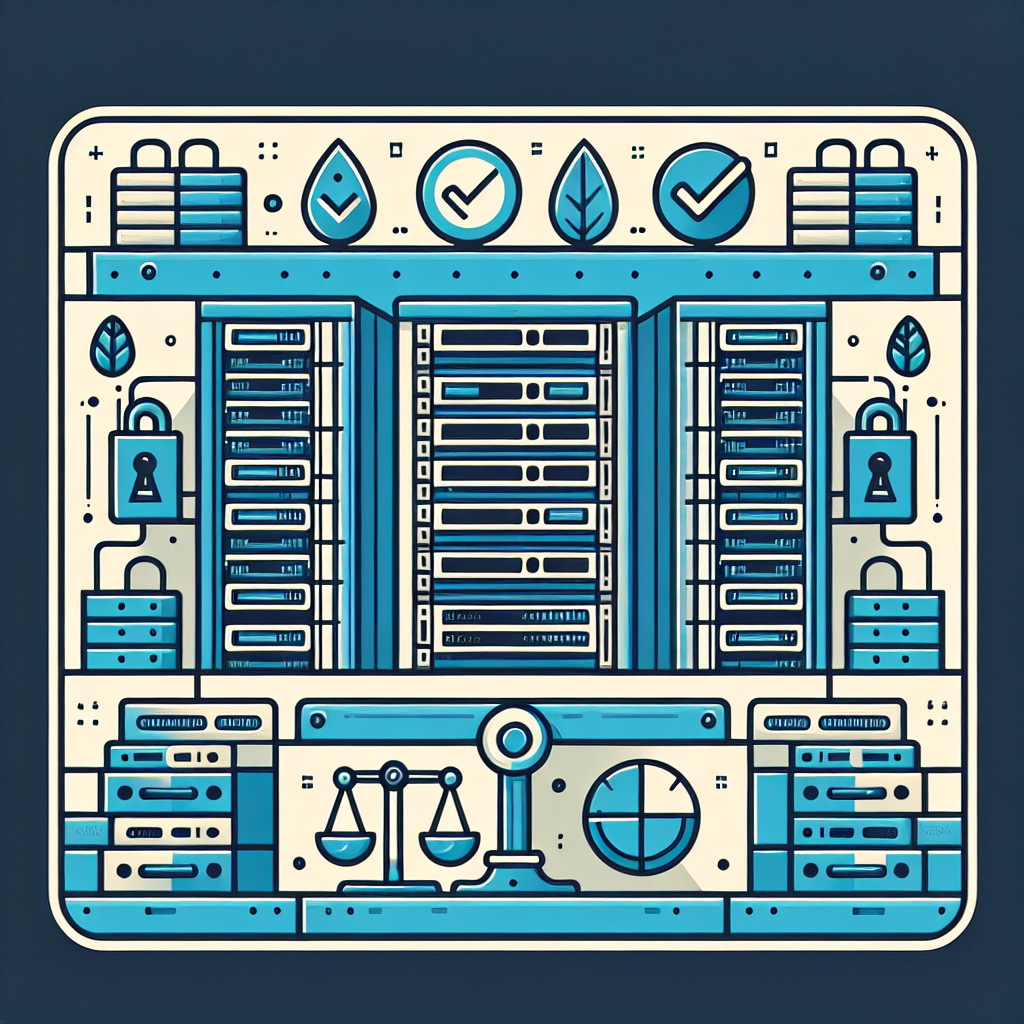In today’s digital age, data centers play a crucial role in storing and managing vast amounts of information for businesses of all sizes. However, with great power comes great responsibility, and data center compliance is a top priority for organizations to ensure they are following key regulations and requirements.
Data center compliance refers to the set of rules and standards that govern how data is stored, accessed, and managed within a data center environment. These regulations are put in place to protect sensitive information, prevent data breaches, and ensure the security and privacy of customer data.
There are several key regulations and requirements that businesses should be aware of when it comes to data center compliance. Some of the most important ones include:
1. General Data Protection Regulation (GDPR): The GDPR is a regulation in the European Union that aims to protect the personal data of individuals within the EU. It sets strict guidelines on how businesses collect, store, and process personal data, and failure to comply can result in hefty fines.
2. Health Insurance Portability and Accountability Act (HIPAA): HIPAA is a US regulation that governs the protection of sensitive health information. Any organization that handles health data must comply with HIPAA regulations to ensure the privacy and security of this information.
3. Payment Card Industry Data Security Standard (PCI DSS): PCI DSS is a set of security standards designed to protect credit card data and prevent fraud. Any organization that accepts credit card payments must comply with PCI DSS to ensure the security of customer payment information.
4. Sarbanes-Oxley Act (SOX): SOX is a US law that sets requirements for financial reporting and corporate governance. It aims to protect investors and prevent accounting fraud, and organizations must comply with SOX regulations to ensure the accuracy and transparency of financial data.
In addition to these key regulations, businesses should also be aware of other industry-specific requirements and best practices for data center compliance. This may include standards set by regulatory bodies, industry associations, or data center providers themselves.
To ensure compliance with these regulations and requirements, businesses should implement robust data center security measures, such as encryption, access controls, and regular security audits. They should also train employees on data security best practices and procedures to prevent data breaches and ensure the protection of sensitive information.
Overall, data center compliance is a critical aspect of modern business operations, and organizations must stay informed and up-to-date on key regulations and requirements to protect their data and maintain the trust of their customers. By prioritizing data center compliance, businesses can mitigate risks, prevent data breaches, and ensure the security and privacy of their data.


Leave a Reply